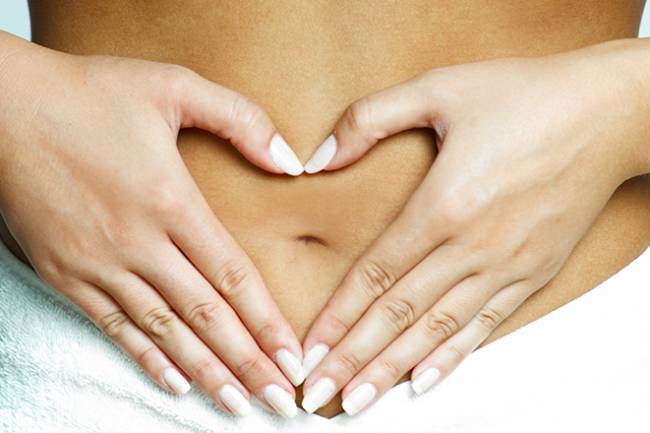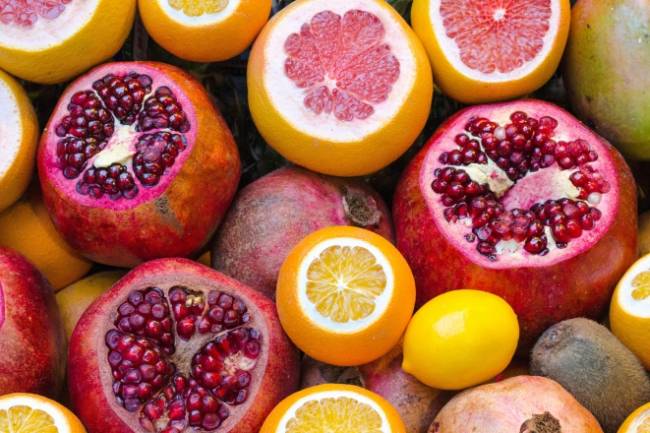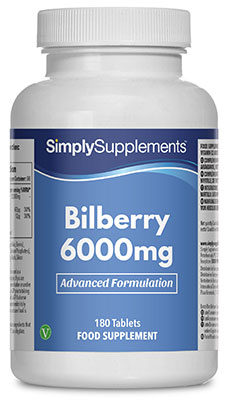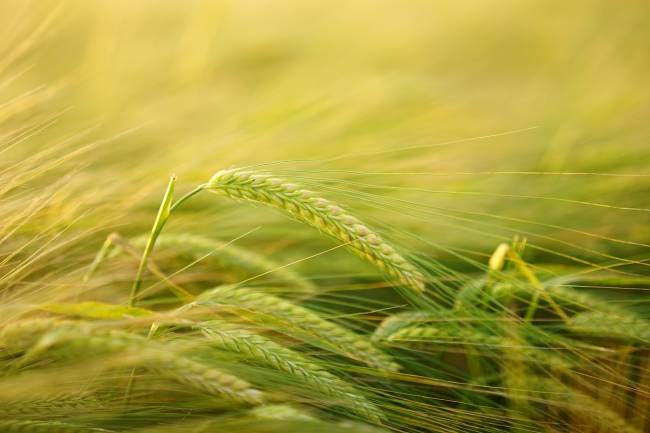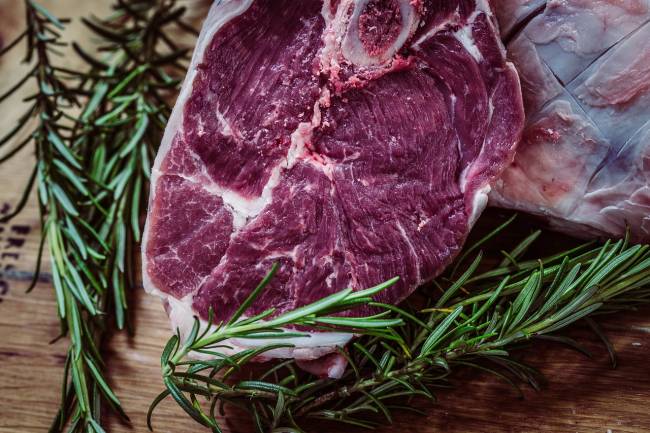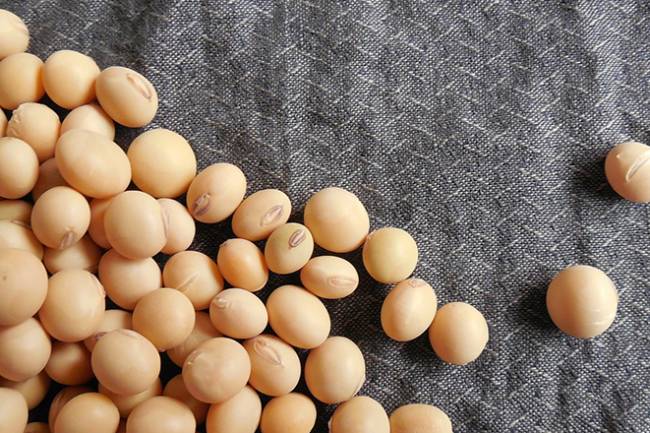Health Benefits of Bilberry
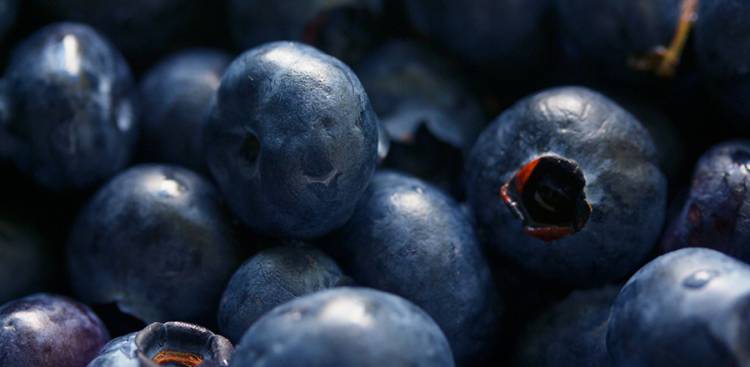
Bilberries are a dark purple fruit that are closely related to blueberries. Also known as whortleberries or blaeberries, they have been used for decades to make desserts and jams. Bilberries are not popular with everybody however, as their bitter taste can be off-putting. As a result of this, many people use a bilberry supplement instead. In this way they can still reap the benefits of what many people have labelled a ‘super food’.
But what is so special about these little berries? Firstly, they are a rich source of polyphenols, which are compounds found within plants that have antioxidant properties. There are over 8000 different polyphenols known to science and bilberries fall under the category known as anthocyanins. These compounds are what give the fruit their dark purple colour. Alongside blackberries, bilberries are the richest source of anthocyanins.
Carry on reading to find out why the nutrient density of bilberry extract could be exactly what you need to maintain optimal health, as well as fight off a range of diseases even into advancing age.
What Are the Benefits of Bilberry Extract?
The rich polyphenol qualities found within bilberries have numerous proposed benefits for human health:
Antioxidant
The nutrients within bilberries are powerful antioxidants that help to protect our cells from damage. It is very important to consume antioxidant-rich foods as western diets typically lack such foods, leading to various chronic illnesses. Furthermore, any of the antioxidants found in bilberries that are not needed by the body are simply excreted, meaning that bilberry consumption is a fabulous way to keep our health in check.
Anti-inflammatory
Although acute inflammation can be protective of health, chronic inflammation is certainly not. Chronic inflammation seems to be caused by a typical western lifestyle, consisting of energy dense and processed foods (junk food) combined with a lack of exercise. This is thought to be a contributing factor to many diseases such as cancer, cardiovascular disease, Alzheimer’s and diabetes.
Fortunately, incorporating regular exercise with a diet rich in wholegrains, unsaturated fats, oily fish, nuts, seeds, vegetables and fruit (especially berries) can help to manage inflammation levels and negate the risk of such diseases.
Vision
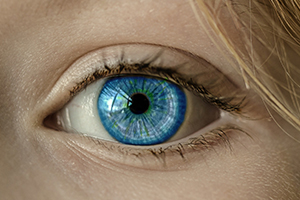 Bilberries have long been thought to improve eye health, with a particular emphasis on vision in dim light. This likely originates from the famous stories of the Royal Air Force pilots from the Second World War, who reportedly accredited their devastating accuracy to their large consumption of bilberry jam.
Bilberries have long been thought to improve eye health, with a particular emphasis on vision in dim light. This likely originates from the famous stories of the Royal Air Force pilots from the Second World War, who reportedly accredited their devastating accuracy to their large consumption of bilberry jam.
Although specific research into bilberries is lacking, there is evidence to suggest that the anthocyanins present in bilberries can be beneficial to vision.
A study published in 2014 found that in adults complaining of eye strain, a combination of lutein, anthocyanins and DHA (an essential omega 3 fatty acid) led to significantly better eye health than participants taking a placebo.
Although this benefit cannot be solely attributed to the polyphenols found in bilberries, it would be unwise to ignore this evidence, especially if eye health is a high priority.
It seems highly plausible that bilberries would be able to assist eye health anyhow, as its ability to protect the cells, reduce inflammation and control blood sugar levels should all help to maintain vision.
This should definitely stimulate further research into the potential of bilberries for upholding visual health. However, some people will not want to risk waiting for studies to be conducted and published. For these individuals, supplementing with lutein, fish oils and bilberry extract could prove to be a very smart choice.
Cardiovascular Health
Bilberry extract is also popular with individuals who are looking to maintain a healthy heart and network of blood vessels.
It is thought that anthocyanins help to support the lining of our blood vessels, which in turn can help to reduce blood pressure, arterial stiffness and platelet formation. Anthocyanins also help to regulate cholesterol levels. These factors collectively help to reduce the presence of atherosclerosis, which is the build-up of plaque inside the vessels. Atherosclerosis is a major concern because not only can blood pressure rise, but these platelets can also break off and cause heart attacks and strokes.
A study conducted in 2015 found that daily blueberry consumption over an 8 week period significantly improved blood pressure and arterial stiffness when compared to placebo in postmenopausal women who suffered from high blood pressure.
Although this study used blueberries and not bilberries, the results are meaningful as blueberries have a very similar nutrient and polyphenol profile. The authors believed the benefits were due to the increased levels of nitric oxide found in the patients. Nitric oxide is a very important compound that helps to dilate the blood vessels. This not only reduces blood pressure but also helps oxygen and nutrients reach the extremities.
Metabolic Health
As mentioned in the previous sub-section, fruits that are high in polyphenols and anthocyanins are able to reduce blood pressure, arterial stiffness and high cholesterol levels, all of which are diseases ever present in the western world.
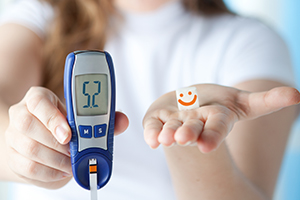 Equally as impressive then is the evidence that these plant-based nutrients have the power to help reduce blood glucose levels and insulin secretion. Insulin resistance is another health condition that has soared in recent years in the western world. When the body is resistant to insulin, glucose cannot efficiently diffuse into our cells, meaning that blood sugar levels remain high. Chronic high blood sugar levels (diabetes) can result in damage to nerves, the kidneys, eyes and blood vessels.
Equally as impressive then is the evidence that these plant-based nutrients have the power to help reduce blood glucose levels and insulin secretion. Insulin resistance is another health condition that has soared in recent years in the western world. When the body is resistant to insulin, glucose cannot efficiently diffuse into our cells, meaning that blood sugar levels remain high. Chronic high blood sugar levels (diabetes) can result in damage to nerves, the kidneys, eyes and blood vessels.
Fortunately, an active lifestyle and a healthy diet can help to manage blood sugar levels and maintain insulin sensitivity. Preliminary research suggests that regularly consuming nutrient-dense berries such as bilberries, blackcurrants, cranberries and blueberries could go a long way in achieving this.
It has also been found that an anthocyanin-rich supplement was highly effective at reducing blood glucose. It was shown that the supplement reduced blood glucose by a range of 33-51% in rodents. The authors also stated that these results are comparable to the effect of metformin – the prescription drug widely used for diabetics.
Using human participants, a study conducted last year found that an anthocyanin-rich fruit juice was able to significantly reduce blood glucose and insulin concentrations following a high carbohydrate meal. This fruit juice had the anthocyanin concentration equivalent to 100g of bilberries, blueberries or black currents, which is a little over one portion. Although this study only consisted of 25 participants, these exciting findings will surely stimulate further research.
Although there is no current consensus on what defines a superfood, it is now clear to see why bilberries received this tag!
How Much Bilberry Extract Should I Take?
As mentioned previously, 100g of the bilberry fruit is effective for lowering blood sugar and insulin concentrations. With regards to bilberry extract supplements, 6000-12000mg of concentrated extract should provide a similar amount of anthocyanins to exert the benefits. The active ingredients in bilberry are also water soluble, meaning that the body does not have the capacity to store them. This means that any nutrients in excess will be simply excreted as waste.
It is also thought that the beneficial effects of bilberry extract will be heightened if taken with the supplements inositol hexaphosphate (known as IP6) or quercetin. This is because these compounds help to increase the bioavailability of the polyphenols in the bilberry extract.
Are There Any Side Effects from Taking Bilberry Extract?
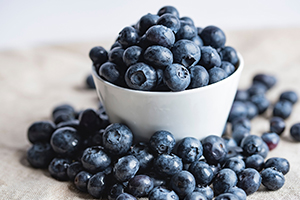 According to the Natural Medicines Comprehensive Database, both fresh bilberries and bilberry extract is safe to take.
According to the Natural Medicines Comprehensive Database, both fresh bilberries and bilberry extract is safe to take.
However, due to anthocyanins ability to reduce blood platelets sticking together, bilberry extract is not recommended if you are taking drugs such as warfarin.
As bilberries can significantly reduce blood glucose, caution is advised in diabetics, as this could interact with medication. As a result, blood glucose should be monitored diligently if supplementing with bilberry extract.
Pregnant women and children are also not advised to supplement with bilberry extract, as there is not yet enough evidence to indicate whether this is safe.
Summary
Hopefully this article has outlined the many benefits of bilberries and other food items with a similar nutritional profile. Unfortunately, like many nutrients and compounds, the research into whole bilberries and the polyphenol qualities they possess is in its infancy, meaning there are few studies providing solid scientific evidence.
However, the promising preliminary studies, coupled with the safety of bilberry products, have meant that many people have chosen to add bilberry extract into their supplement regime.
To summarise:
- Bilberries, which are a dark purple fruit similar to blueberries, are packed full of plant-based chemicals called polyphenols.
- Of these polyphenols, bilberries are rich in compounds called anthocyanins.
- Anthocyanins are believed to have many roles in the body, which include antioxidant and anti-inflammatory properties, and promoting visual, cardiovascular and metabolic health.
- For these health benefits it is recommended that either 100g of whole fruit or 6000-12000mg of concentrated extract is taken daily. Taking this alongside IP6 or quercetin may help to increase its effectiveness, as more of the active ingredients will be available to the body.
- Bilberry and its extract are widely regarded to be a safe product. However caution is advised for diabetics due to its blood sugar lowering actions. Individuals on warfarin, or pregnant women and children are advised against taking this product.
Shop for Bilberry Supplements here.
Sources:
https://www.ncbi.nlm.nih.gov/pmc/articles/PMC4997915/
https://www.health.harvard.edu/staying-healthy/foods-that-fight-inflammation
https://www.ncbi.nlm.nih.gov/pubmed/25578927
https://www.ncbi.nlm.nih.gov/pmc/articles/PMC2718544/
https://www.ncbi.nlm.nih.gov/pmc/articles/PMC5170886/

 Nicole
Nicole 